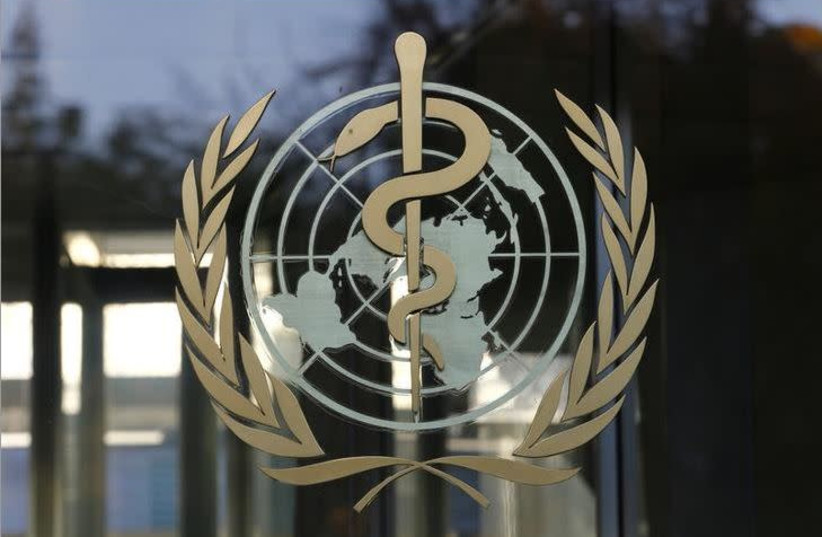Diseases know no boundary and no one should be left behind. Under this notion, Israel took a noble action to set up the humanitarian field hospital Shining Star in Ukraine to help the suffering civilians and it was the first county in the world to do so.
In Taiwan, we also dearly uphold the same value. Health care is humane and no one should be left behind. That’s why Taiwan donated surgical masks and other medical equipment to the first line medical officers in Israel, as well as other countries worldwide, when COVID-19 pandemic broke out in 2020.
Two years into the COVID-19 pandemic, more than 510 million confirmed cases and more than 6.25 million deaths have been reported around the world. As nations continue to battle the pandemic, Taiwan’s achievements have been widely recognized. As of May 10, about 390,000 confirmed cases and 931 deaths had been reported in Taiwan, which has a population of 23.5 million. And thanks to a joint effort by the government and the people, Taiwan’s economic growth rate for 2021 reached 6.45%.
Taiwan was able to contain the pandemic while having people lead normal lives and achieving positive economic growth through the precise use of technology, information transparency, strict border controls, and accurate screening and case investigation. However, with the worldwide spread of the Omicron variant since the end of 2021, community transmission also began to increase in Taiwan.

The variant appears to be much more contagious, but causes mild or no symptoms. Trying to block the transmission of every single case would be a vain effort that would greatly affect people’s livelihoods. The government has therefore chosen to aim at eliminating severe cases, managing mild cases, minimizing overall impacts, and caring for moderate and severe cases since April 2022. This new Taiwan Model seeks to allow people to lead normal lives, while active epidemic prevention measures remain in place and the country is steadily opening up.
The world today continues to face challenges of the pandemic, vaccine supply and the post-pandemic recovery. Countries should work together and prepare for possible future pandemics. Taiwan is an indispensable partner in ensuring a successful post-pandemic recovery. To contain the pandemic, Taiwan has continued to cooperate with other countries on the research and development of COVID-19 vaccines and drugs, and has donated medical supplies, such as medical masks and medicines, to countries in need. This has demonstrated that Taiwan can help, and Taiwan is helping.
Taiwan’s National Health Insurance (NHI) system, which was launched in 1995, has played an important role in the fight against the pandemic. The NHI system provides comprehensive and high-quality health services, achieving universal (99.9%) coverage. Taiwan’s healthcare system was ranked second in the world in 2021 by CEOWorld.
In Numbeo’s annual survey, Taiwan was ranked first among 95 countries surveyed in the Health Care Index category for 2021. We want to share the experience of establishing the NHI system and how we manage the personal medical database with partner countries.
The 75th World Health Assembly (WHA) will be held in May. For the past five years, Taiwan has not been invited to participate in the WHA. To ensure that Taiwan is not left behind and there is no coverage gap in global health, Taiwan seeks to participate in the WHA this year in a professional and pragmatic manner, so that it can make contributions as part of the global effort to realize WHO’s vision of a seamless global disease prevention network.
We urge WHO and related parties to support Taiwan’s inclusion in WHO and allow it to fully participate in WHO meetings, mechanisms and activities. Taiwan will continue to work with the rest of the world to ensure that all enjoy the fundamental human right to health, as stipulated in the WHO Constitution. In the spirit of the United Nations’ 2030 Sustainable Development Goals, no one should be left behind.
The writer is representative, Taipei Economic and Cultural Office in Tel Aviv.
